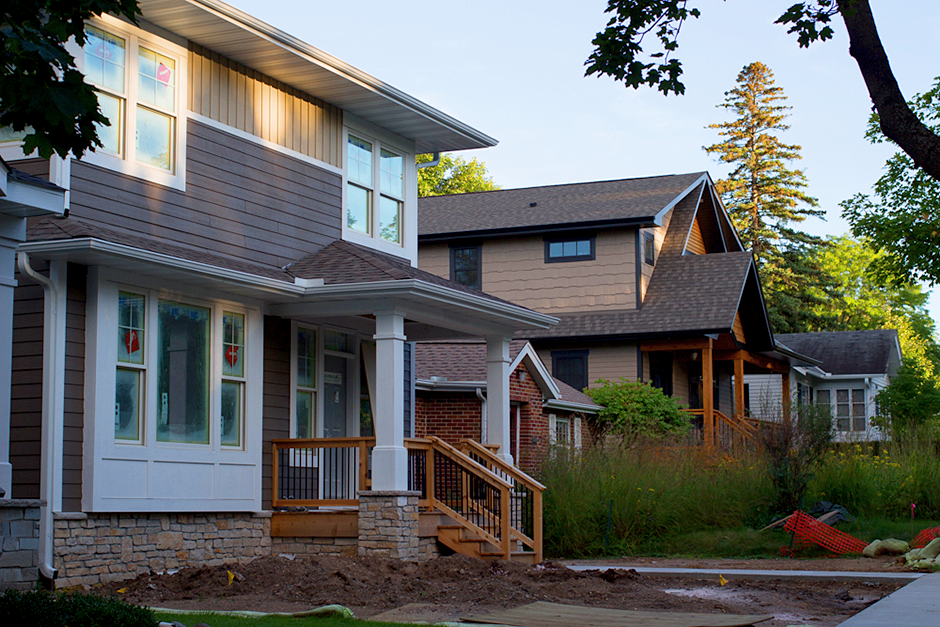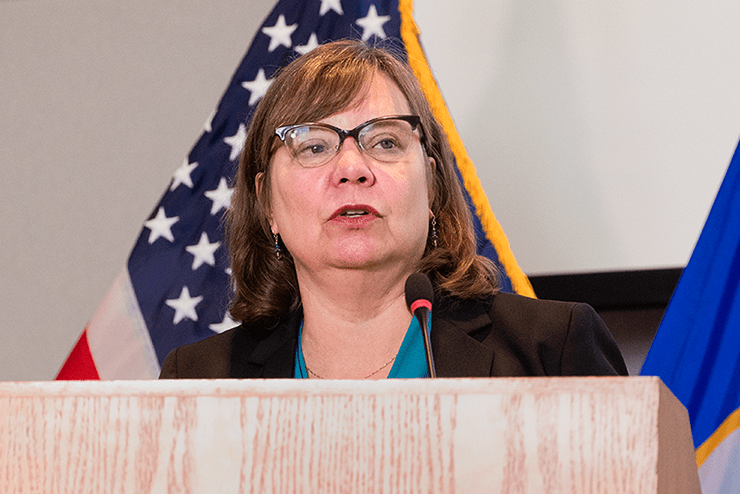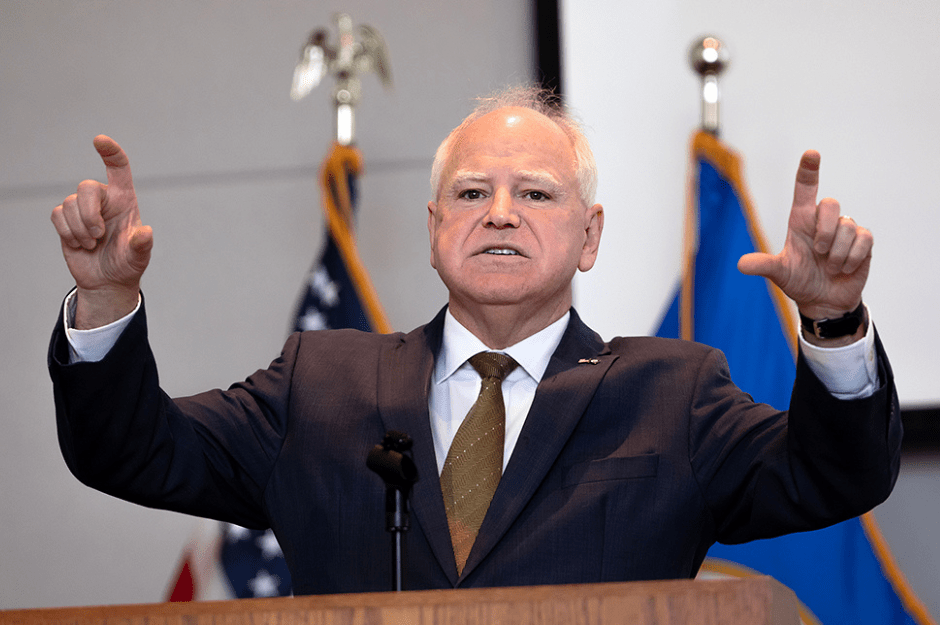
Safety issues just add to uncertainty facing Minneapolis commercial real estate
October 3, 2020
Outdoor activity surge boosts Minnesota kayak, canoe makers Lightning and Wenonah
October 3, 2020The largest uninsured financial risk older Americans face are the odds of being on the hook for expensive long-term care bills. About half of Americans turning 65 the day you read this column will need some kind of long-term care and support services before they die. These support services are for daily activities, such as eating and dressing, as well as tasks such as paying bills and grocery shopping.
The uncertain prospect about needing long-term care weighs on older Americans. A recent study from the financial-services firm Edward Jones and the demographic-consulting firm Age Wave reports that 72% of respondents say one of their biggest fears is “becoming a burden on their families.” Still, most respondents said they expect their long-term care will be “provided by family and friends.”
They are right. Families bear most of the costs associated with taking care of aging parents and relatives. Medicare does not cover most long-term care services and supports. Medicaid requires impoverishment. Private long-term care insurance is too expensive for middle-income families. There are several policy reform proposals for making long-term care more accessible and affordable, but long-term care reform hasn’t gained much traction in Washington D.C. — at least not yet.
In the meantime, what are near- and recent retirees to do? There are no easy answers. You should include the prospect of eventually needing some long-term care in your retirement planning. Even more important, I would start a conversation about long-term care with family and friends.
“Open and honest communications are the start of good solutions,” writes consultant Anna Rappaport in the 2018 report for the Society of Actuaries about how best to cope with cognitive decline with aging. “Spouses need to talk honestly with their spouses; parents need to talk honestly with their adult children, and vice versa; and adult children need to talk honestly among themselves about their parents.”
Easy? No. Critical? Yes. Take the time to discuss the subject over the years with family and friends. In addition to making sure you have a will, an advanced medical directive and power of attorney, have many conversations about your desires for aging in place and moving into congregate living if you need long-term care help. These conversations will help you and your loved ones better manage the stress that can suddenly emerge with an unexpected illness or the onset of cognitive decline in the elder years.
Chris Farrell is senior economics contributor for “Marketplace” and Minnesota Public Radio.






